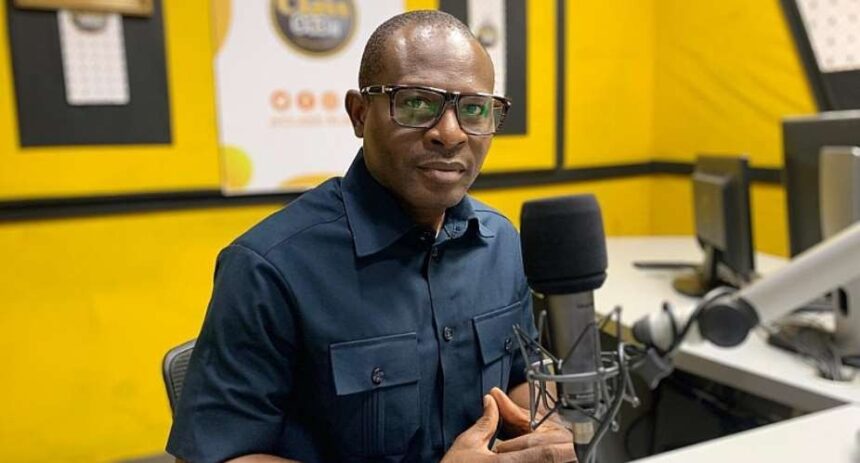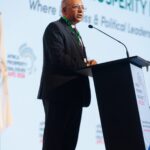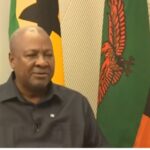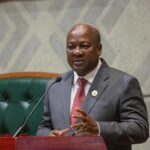Deputy Director of Communications at Pilgrims Affairs Ghana, Haruna Mohammed, has shared his views on the role and challenges of the Office of the Special Prosecutor (OSP) during an appearance on The Morning Target show on Bullet TV.
According to him, the establishment of the OSP was a commendable initiative by the NPP government, aimed at tackling corruption and corruption-related offenses in Ghana.
“The establishment of the Office of the Special Prosecutor was meant to address issues of corruption and corruption-related activities. The idea, introduced by the NPP government, was a laudable one. For years, people had held strong perceptions and assumptions about corruption among public officials, and there was a need to set up an independent body to unravel such mysteries,” he said.
Haruna Mohammed explained that the OSP was designed to conduct thorough and professional investigations rather than allowing corruption allegations to be driven by public speculation.
“I call it a mystery because, often, people would conclude that certain individuals had stolen money without any thorough investigation. The OSP was therefore established to conduct preliminary investigations and deal with such perceptions through proper legal and investigative processes.”
However, he noted that the office has recently come under scrutiny due to resignations and challenges related to institutional cooperation.
“In recent times, questions have been raised about why the office was established and why some individuals have resigned from it. One key factor is the level of cooperation from government officials and public institutions. If you recall, Martin Amidu was the first person appointed as Special Prosecutor. He eventually resigned, citing a lack of cooperation from the government, public institutions, and the relevant security agencies needed to help him effectively deal with corruption and related matters.”
Mr. Mohammed recalled how Amidu’s resignation letter—where he described the then president as ‘the mother serpent of corruption’—had a significant impact on the government’s image.
He added that similar challenges were faced by Amidu’s successor, Kissi Agyebeng, who also struggled to secure the necessary support to deliver effectively on his mandate.
“Following Amidu’s resignation, the same president appointed Kissi Agyebeng to replace him. Unfortunately, public perception was that Agyebeng was not appointed to fight corruption broadly but rather to target individuals who had served in previous administrations. Over time, however, it became evident that he was unable to make a strong impact. He also revealed that he did not receive the level of institutional cooperation required to carry out his mandate effectively.”
These developments, he said, have led some members of the public to view the OSP as a waste of public resources.
Nonetheless, Haruna Mohammed maintained that scrapping the office would be a mistake.
“If you want to fight corruption, corruption will fight back. As Daniel Domelevo once said, ‘When you go after corruption, those involved will come after you.’ That is the reality we face because corruption operates as a cabal — no one can succeed in corrupt activities alone; it requires networks of enablers and supporters.”
He concluded by calling for stronger institutional and political support for the OSP.
“I believe the OSP should not be scrapped. Instead, we must ensure that whoever leads the office has the political will, independence, and strength to operate without political interference or influence. Only then can the OSP truly fulfill its purpose of combating corruption in Ghana.”






